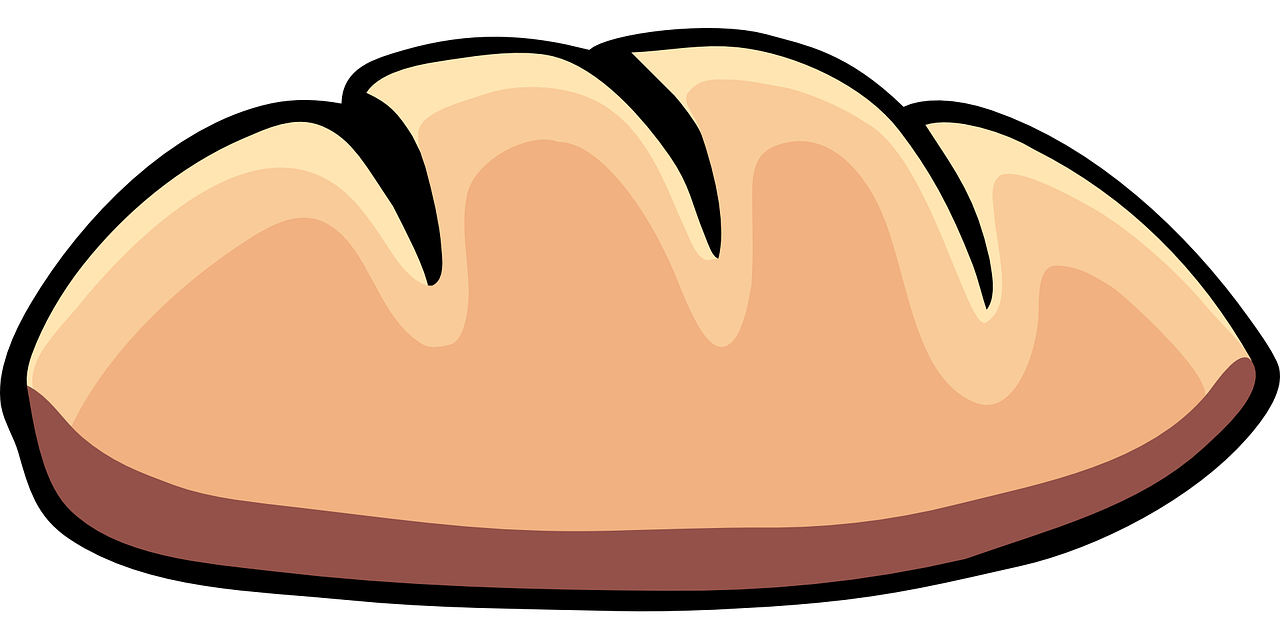Carbohydrates are the body’s primary source of energy, playing a crucial role in brain function, mood regulation, and focus. For individuals with Attention-Deficit/Hyperactivity Disorder (ADHD), the type and timing of intake can significantly impact energy stability, concentration, and impulse control. Understanding how to use them effectively can help manage ADHD symptoms and improve overall well-being.

Why Carbohydrates Matter for ADHD
They can ifluence ADHD symptoms through their effect on blood sugar levels, neurotransmitter production, and sustained energy. The brain relies on glucose, which is derived from carbohydrates, to function optimally. Poor choices can lead to energy crashes, mood swings, and worsened focus.
Key Benefits:
- Provides Steady Energy: Complex carbs release energy slowly, preventing sudden energy dips that affect focus.
- Regulates Blood Sugar: Stable blood sugar levels help reduce hyperactivity and impulsivity.
- Supports Neurotransmitter Function: Carbs aid in the production of serotonin and dopamine, neurotransmitters crucial for mood regulation and attention.
- Improves Sleep Quality: Slow-digesting carbs can help regulate melatonin production, improving sleep patterns in individuals with ADHD.
Best Choices for ADHD
Not all carbohydrates are equal. The key to managing ADHD with carbs is choosing slow-digesting, fiber-rich choices that provide long-lasting energy rather than causing sugar spikes and crashes.
Best Carbs for ADHD:
- Whole Grains: Oats, brown rice, quinoa, whole wheat bread, and whole-grain pasta.
- Legumes: Lentils, chickpeas, and black beans for sustained energy.
- Fruits: Berries, apples, pears, and oranges provide fiber and essential vitamins.
- Vegetables: Sweet potatoes, carrots, and leafy greens offer slow-releasing energy.
- Nuts and Seeds: Almonds, chia seeds, and flaxseeds for added fiber and healthy fats.
These carbs stabilize blood sugar and support consistent brain function throughout the day.
Carbs to Avoid for ADHD
Some carbs can worsen ADHD symptoms by causing blood sugar spikes followed by energy crashes, leading to hyperactivity, impulsivity, and brain fog.
Carbs to Limit or Avoid:
- Refined Sugars: Candy, pastries, and sugary cereals cause rapid blood sugar fluctuations.
- White Flour Products: White bread, white pasta, and processed baked goods lack fiber and nutrients.
- Sugary Drinks: Soda, fruit juices with added sugar, and energy drinks contribute to hyperactivity.
- High-Glycemic Snacks: Chips, crackers, and processed snack foods provide quick energy but lead to crashes.
Tip: Choose whole, unprocessed carbs to support brain function and prevent sugar-related mood swings.
Carb Timing for ADHD
When and how you consume carbohydrates can significantly impact ADHD symptoms. Proper timing helps maintain steady energy levels, reducing mood swings and brain fog.
Best Times to Consume Carbohydrates for ADHD:
- Breakfast: A mix of protein and complex carbohydrates (e.g., oatmeal with nuts) provides lasting energy and helps ADHD medication work more effectively.
- Mid-Morning Snack: A fruit with nuts or yogurt stabilizes blood sugar and prevents crashes.
- Lunch: Whole grains and protein (e.g., quinoa salad with chicken) sustain focus and prevent afternoon fatigue.
- Afternoon Snack: A fiber-rich carb (e.g., hummus with whole-grain crackers) prevents an energy dip before dinner.
- Dinner: A balanced meal with slow-digesting carbs (e.g., brown rice with vegetables and fish) promotes relaxation and aids sleep.
The Connection Between Carbohydrates, ADHD, and Sleep
Many individuals with ADHD struggle with sleep disturbances, which can be exacerbated by poor carbohydrate choices.
- Good Carbs for Sleep: Sweet potatoes, bananas, and oats support melatonin production.
- Carbs to Avoid Before Bed: Sugary snacks and white bread can cause energy spikes, making it harder to fall asleep.
Tip: Eating a balanced, carbohydrate-rich dinner can help regulate circadian rhythms and improve sleep quality.
Carbohydrates and ADHD Medications
For those taking ADHD stimulant medications (e.g., Adderall, Ritalin), diet plays a significant role in medication effectiveness.
- Pair Carbs with Protein: Protein helps stabilize blood sugar and prolong the effects of medication.
- Avoid High-Sugar Meals: Rapid blood sugar fluctuations can counteract medication benefits.
- Consume Carbs Before Medication Kicks In: Eating a healthy breakfast with carbs and protein can prevent appetite suppression and energy crashes.
The Science Behind Carbohydrates and ADHD
Scientific studies highlight the importance of carbohydrates in ADHD management:
- A study published in Nutrients (2020) found that children with ADHD who consumed high-fiber, complex carbohydrate diets had better focus and fewer mood swings than those consuming refined sugars.
- A 2019 review in Frontiers in Psychiatry emphasized that diets rich in whole grains and fiber help regulate dopamine levels, improving cognitive function in ADHD individuals.
- Research in Journal of Child Psychology and Psychiatry showed that children with ADHD had more stable behavior patterns when consuming slow-digesting carbohydrates compared to high-glycemic foods.
Final Thoughts: Carbohydrates as a Key ADHD Nutrient
Carbohydrates play a crucial role in managing ADHD symptoms by providing consistent energy, regulating blood sugar, and supporting brain function. Choosing whole, fiber-rich carbs and avoiding refined sugars can make a significant difference in focus, mood stability, and impulse control.
By timing carbohydrate intake strategically and pairing them with healthy proteins and fats, individuals with ADHD can optimize cognitive performance and daily productivity.
For more expert ADHD nutrition tips and lifestyle strategies, subscribe to our newsletter and visit adhdtribe.co.uk.
Meta Title:
Carbohydrates and ADHD: How Carbs Support Brain Function and Focus
Meta Description:
Learn how carbohydrates impact ADHD symptoms, energy levels, and focus. Discover the best and worst carbs for ADHD and how to optimize your diet.
Tags:
ADHD and carbohydrates, ADHD diet, best carbs for ADHD, ADHD nutrition, blood sugar and ADHD, ADHD and energy levels, ADHD food plan, ADHD meal timing, whole grains and ADHD, ADHD and glycemic index








2 Comments
Comments are closed.